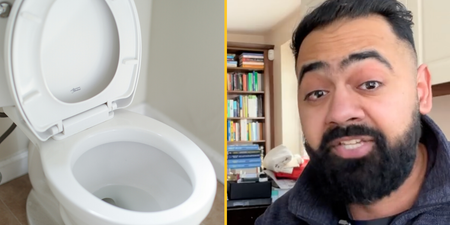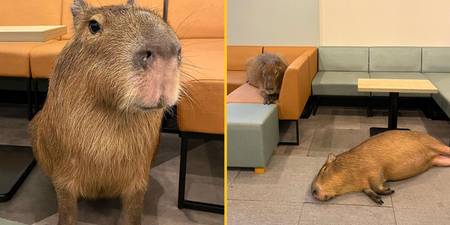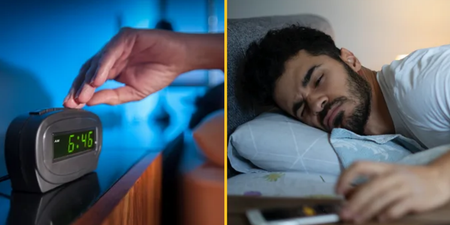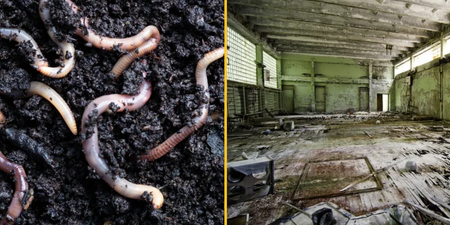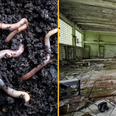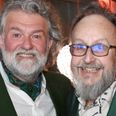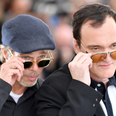Confidence is a Muscle
World renowned sport psychologist Bob Rotella, who has worked with Pádraig Harrington among others, believes that the most important thing to remember about confidence is that it is a skill.
Nobody is born with confidence. It is something that can be taught and developed. Always remember this. Your confidence is something that you can work on. It is like a muscle and like any muscle it grows stronger the more consistently it is worked on. Over the next three weeks we will give you a few practical tips to help you build your confidence.
Focus on Your Strengths
What do you focus on after you’ve played a match, run a race, visited the driving range? Do you tend to think about the things you did really well or do you remember the horrible shot you skewed away off to the right, the terrible pass you made or the tactical error you made during your race?
In our experience most people tend to dwell on the things they didn’t do well during performance. This is understandable in a way. After all, everybody wants to improve their weaknesses. Everybody wants to make their overall games better. How though, are you expected to build your confidence if you only ever focus in on your weaknesses?
Mickey Harte always talks about trying to pick out the good things that his players do. He has adopted this philosophy to great success in managing Tyrone to three All-Ireland Finals. In order to build your confidence, you should adopt a similar approach to develop your game.
Why not try the following process? Sit down after the next match you play, race you run etc and write down all of the things you did well. Write down even the simplest things, like “gave a good passâ€, or “started stronglyâ€. Make the list as long as you like. When you’ve finished this, think about one thing you didn’t do well but don’t write it down. Instead, think about an action you are going to take to address this and then plan for when you are going to do it. For example, if you are a tennis player and you twice double faulted when attempting to serve wide, then your action might be to hit thirty wide serves in a row in training the next day.
By going through this process you are reminding yourself of the good things you are doing, thus working that confidence muscle. At the same time, you are not ignoring the areas of your game that need to be improved but, instead, you are taking decisive action to address them. By engaging in this process over time you will begin to build a confidence record that you can draw on before other matches, events, races etc that you have coming up in the future.
Be Prepared
One of the biggest things that will feed into an athlete’s confidence is if they feel prepared going out to perform. As Roy Keane once famously remarked, “if you fail to prepare then you are preparing to failâ€. Take this advice on board. Ensure that you are prepared in the goals you set yourself for a training session, the food you eat, the rest you get and the approach you take to everything.
If you can step into your performance arena knowing that you’ve left no stone unturned then this will inevitably feed into your confidence levels. As Thane Yost said, “the will to win is nothing if you do not have the will to prepareâ€.
Kevin Clancy & Enda McNulty
Kevin Clancy and Enda McNulty are Performance Consultants working with Motiv8 (www.motiv8.ie)












